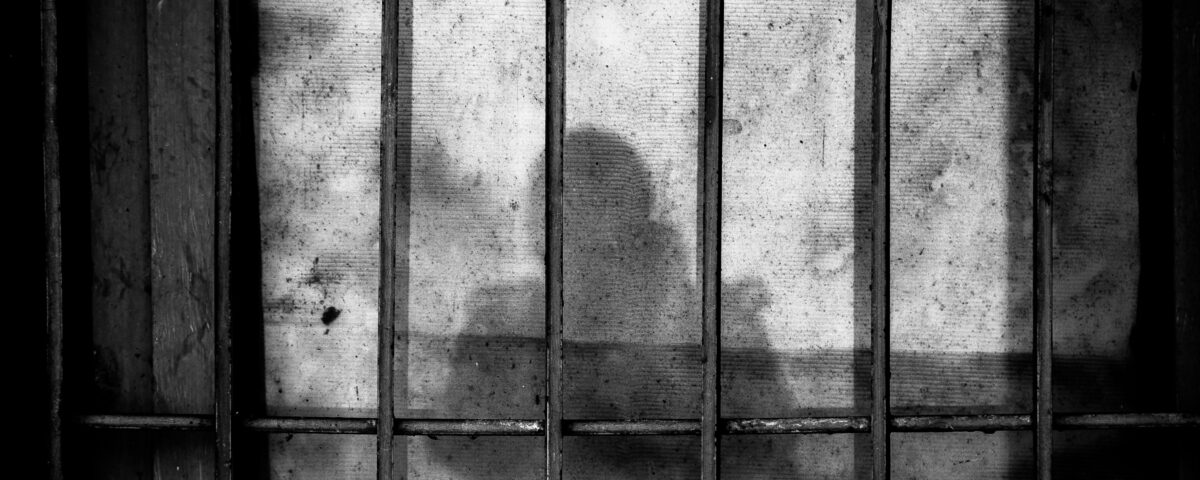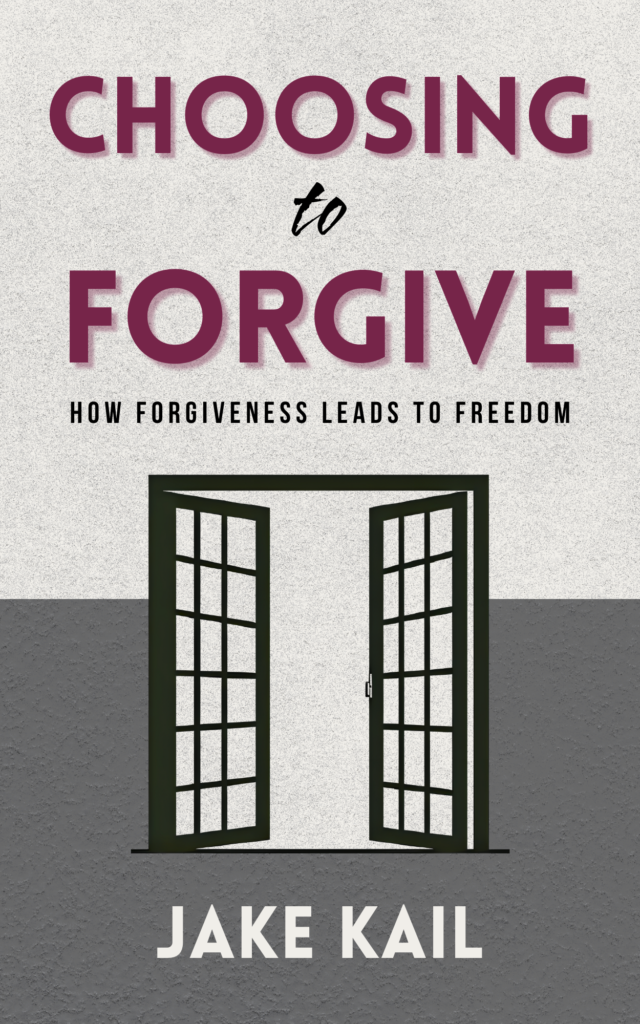
Forgiveness Has Two Sides–We Must Embrace Both!
September 17, 2025
4 Reasons to Choose to Forgive
October 7, 2025
The following is an excerpt from Choosing to Forgive that explains how unforgiveness opens the door to demonic torment.
In the previous chapter, we looked at a parable that Jesus told about forgiveness in Matthew 18. When the servant who was released of his massive debt refused to forgive a fellow servant of a much smaller debt, he ended up being tortured in prison: “And his master was angry, and delivered him to the torturers until he should pay all that was due to him” (Matthew 18:34). The statement Jesus makes next is quite sobering, and He takes things from teaching a symbolic parable to admonishing each of us directly: “So My heavenly Father also will do to you if each of you, from his heart, does not forgive his brother his trespasses” (v. 35).
This warning from Jesus gives us insight into one of the ways that we can give access to the devil in our lives. When we walk in unforgiveness toward others, “the torturers” are permitted to torment us. This lines up with what the apostle Paul teaches us in the book of Ephesians: “’Be angry, and do not sin’: do not let the sun go down on your wrath, nor give place to the devil” (Ephesians 4:26-27).
Anger is not always sinful—it is a natural human emotion that can be an appropriate response to injustices or other wrongs. God Himself gets angry at times, and we can see examples of Jesus experiencing righteous anger when He walked the earth. But anger can also be a sinful work of the flesh (see Galatians 5:20). So, Paul warns us not to “let the sun go down on your wrath.” This means that we must not allow anger or resentment to fester in our hearts. We must instead learn how to process through anger in a healthy way, releasing people and situations to the Lord where needed and forgiving others when applicable. If we don’t, we can give an access point to the enemy: “nor give place to the devil.”
Let me ask you a straightforward question: Are you giving a place to the devil in your life? You might feel entitled to harbor resentment and bitterness, but remember this: unforgiveness does not hurt the one who wronged you, it only hurts yourself. You might feel that choosing to forgive is unjust because the one who sinned against you deserves to be punished. But remember that God forgave you when you did not deserve it. And when you forgive, the person who hurt you is not free from accountability. They will answer to God and are accountable to Him. He is a just Judge and you can trust Him.
Click image below to purchase:
We live in a fallen world that is full of broken people. It is inevitable that as we walk through life, we will experience hurt and be sinned against by others to one degree or another. How we respond to these situations has a dramatic impact on our life, relationship with God, and destiny.
Choosing to Forgive gives biblical teaching and encouragement to help you release the ones who have hurt you so that you can walk in the freedom that God has for you.




